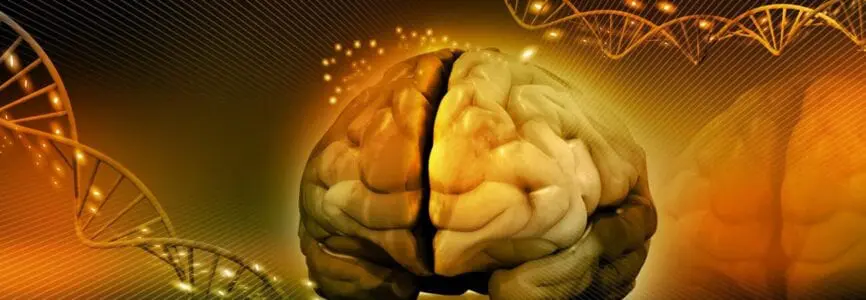Center for Research on the Ethical, Legal and Social Implications of Psychiatric, Neurologic and Behavioral Genetics
Hastings Investigators: Erik Parens and Josephine Johnston
Principal Investigator: Paul Appelbaum, Department of Psychiatry, Columbia University College of Physicians and Surgeons
Funder: National Human Genome Research Institute
Project Website: braingenethics.cumc.columbia.edu
As understanding of the genetic contributions to psychiatric, neurologic, and behavioral (PNB) traits and disorders grows rapidly, this knowledge is quickly being translated into clinical practice. But the information presents particular ethical, legal, and social challenges because of what it could reveal about characteristics associated with individual identity, including aggression and intelligence, and many of our most feared afflictions, such as schizophrenia and Alzheimer’s disease. Because of the potential for stigma linked to many PNB disorders and traits, this information may negatively affect how people view themselves and how others see them. Examination of the impact of PNB genetic information and consideration of the implications for normative judgments and public policy are therefore critically needed.
The Center for Research on the Ethical, Legal and Social Implications of Psychiatric, Neurologic and Behavioral Genetics at Columbia University Medical Center, based in the Department of Psychiatry, is focusing on three areas: 1) the impact of PNB genetic information in clinical and research contexts on patients, family members, and clinicians, including effects on treatment choices, health and lifestyle decisions, identity, and self-image; 2) the impact of PNB genetic information in nonclinical contexts in which such information may affect perceptions of autonomy and responsibility for behavior, with a special focus on attributions of responsibility in the judicial process and in everyday life; and 3) data to suggest how PNB genetic information should be used in policy judgments related to clinical contexts (e.g., diagnostic and treatment decisions), research contexts (e.g., access to genetic data), and nonclinical contexts (e.g., legal rules and health policy).
Parens and Johnston are leading the center’s investigation into the meaning of PNB genetics information and how it should be used in policies and practices, as well as the translation of the center’s work into formats that can inform policies and practices, including the project website.
Learn more about “Looking for the Psychosocial Impacts of Genomic Information”, a conference hosted by the Center for Research on Ethical, Legal, and Social Implications of Psychiatric, Neurologic, and Behavioral Genetics.

